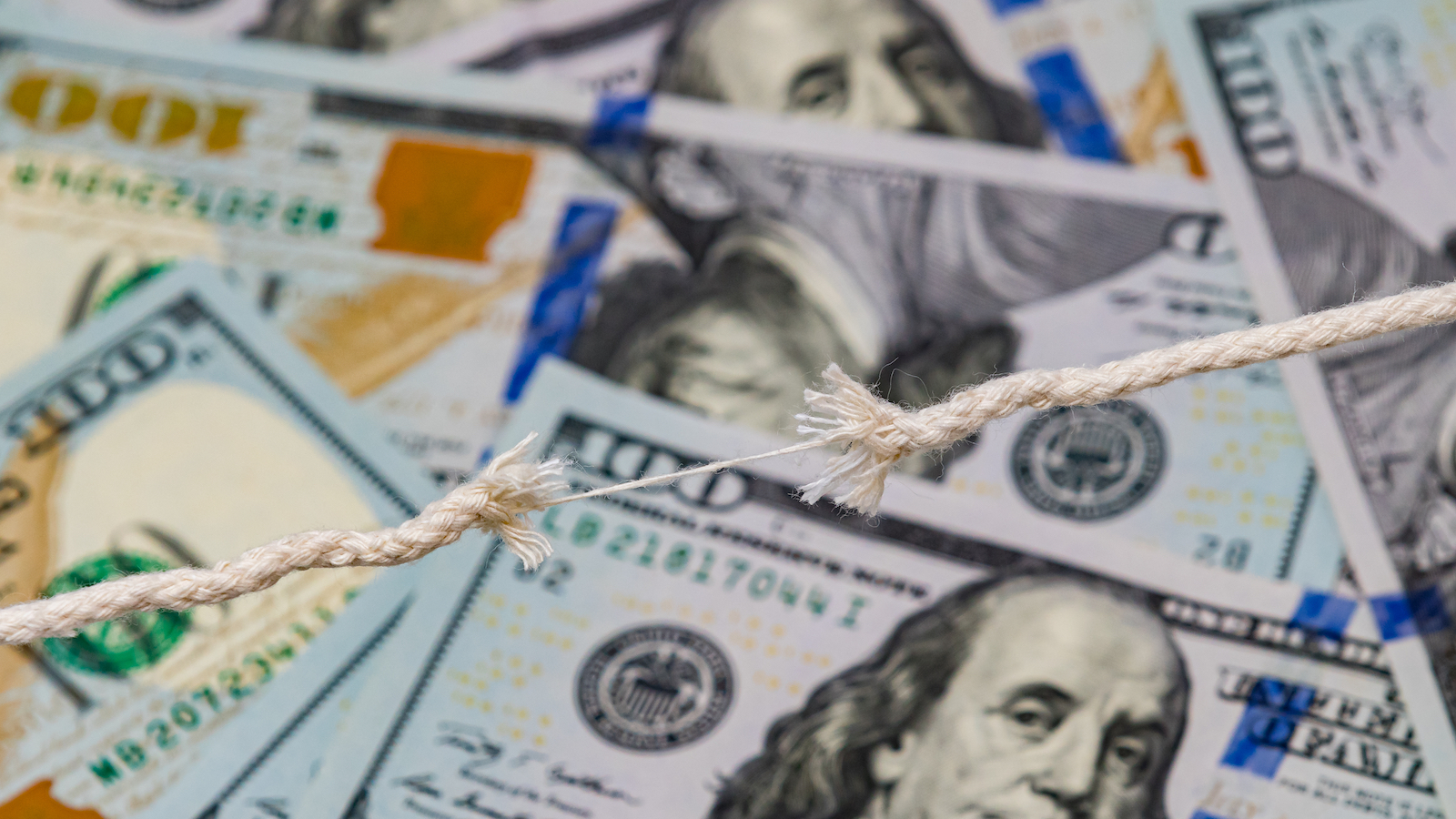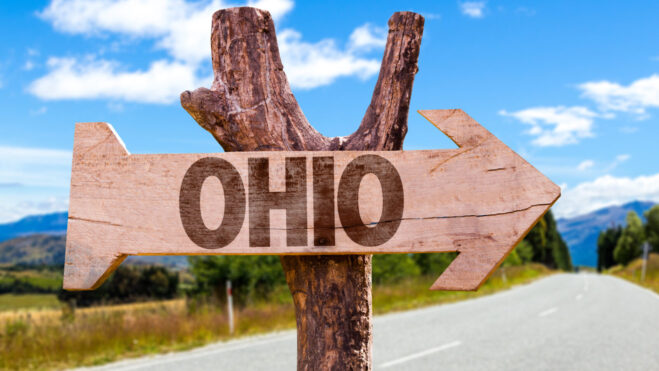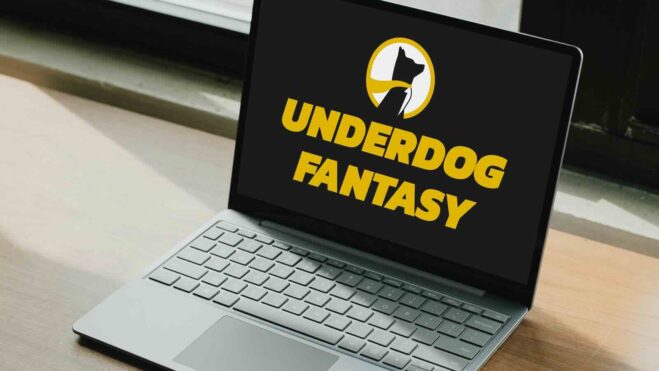Illinois Senate Raises The Stakes: Sports Betting Tax Getting Progressive Hike To 40%
The Illinois Senate is proposing a sliding scale for sports betting operator taxes that could detrimentally influence the market.
3 min

Illinois sports bettors may be cheering on their favorite teams, but the state’s sports betting operators just got hit with a curveball. On May 26, the Illinois Senate passed a new state budget that included a significant increase in sports betting taxes.
Since first accessing the Illinois market in 2020, state-licensed sportsbooks have enjoyed a 15% tax rate on adjusted gross revenues. However, under the new budget, this rate will be subject to a sliding scale, with the most active operators facing a much steeper tax burden. The new system, which would take effect July 1 if the Illinois House also ratifies the budget, implements a tiered structure, with tax rates ranging from 20% to a hefty 40%.
Operators with an adjusted gaming revenue (AGR) of $30 million or less will see the smallest increase, facing a 20% tax rate. However, the rate will climb progressively as revenue increases. Sportsbooks generating between $30 million and $50 million in AGR will be taxed at 25%, while those reaching $50 million to $100 million will face a 30% cut.
The tax bite becomes more significant for operators exceeding $100 million in AGR. The rate will jump to 35% for those reaching $200 million and 40% for any operator exceeding that threshold.
Operators claim worse products, promotions
This significant tax increase hasn’t been met with cheers from the industry. The Sports Betting Alliance (SBA), a lobbying group representing major sportsbook operators, has voiced strong opposition to the measure. They argue that the tax hike will ultimately hurt Illinois consumers. In a statement, the SBA called the decision “extremely disappointing” and warned that it “will cause real harm.”
The industry’s primary concern centers on how the tax increase will impact the overall sports betting experience in Illinois. The SBA argues that the higher taxes will force the state’s current 13 sportsbook operators to cut corners, leading to “worse products, worse promotions and, inevitably, worse odds for Illinois customers.”
Sportsbooks across the industry will have no choice but to reevaluate their level of investment and participation in the state should this become law.
SBA President Jeremy Kudon
Even some trade groups outside the gaming industry spoke out against the increase. The International Brotherhood of Electrical Workers, Illinois Pipe Trades Association, and International Union of Operating Engineers independently wrote letters to lawmakers condemning the decision.
Certain operators will suffer more than others if Illinois approves the new tax rate. Citing data from Deutsche Bank analysts, Earnings + More points out that FanDuel and DraftKings could pay as much as $146 million more, based on their combined revenues. All other operators would only see a “negligible” increase worth a total of $25 million.
Massachusetts recently found itself reconsidering its sports betting operator tax rate, with one lawmaker eyeing an increase to 51%. Unlike Illinois, however, the majority of the legislators summarily rejected it last week.
Bet quality could suffer
One potential consequence of absorbing the heightened cost is a reduction in the variety and quality of betting options offered by sportsbooks. Operators claim they may be forced to limit the number of sports and events available for wagering, or even reduce the types of bets offered.
Promotional offers and bonuses, which are a major draw for bettors, could also be impacted. Free bets, deposit matches, and other incentives may become less frequent or less generous as operators grapple with the increased tax burden.
Perhaps the most concerning consequence for bettors is the potential for inferior pricing. Sportsbooks rely on a house edge, the difference between the payout for a winning bet and the true odds of the event. A higher tax rate could force operators to increase the house edge to maintain profitability, making it harder for bettors to win money in the long run.
The Illinois lawmakers, however, argue that the tax increase is necessary to generate additional revenue for the state. Governor JB Pritzker initially proposed a flat 35% tax rate, but the Senate’s progressive structure was ultimately adopted.
Seeing green
Proponents of the increase argue that the sports betting industry is thriving in Illinois, having generated over $1 billion in revenues in 2023. Therefore, they believe that operators can afford to contribute more to the state’s coffers. They estimate that the new tax structure could generate an additional $200 million annually for the state.
The additional revenue could be used to fund various state programs and initiatives. Education, infrastructure, and social services are all potential beneficiaries of the increased tax revenue from sports betting.
The fate of the tax increase now rests with the Illinois House of Representatives. They are expected to vote on the budget in the coming days. If the House approves the budget with the Senate’s tax structure intact, it will then head to Gov. Pritzker’s desk for his signature.





